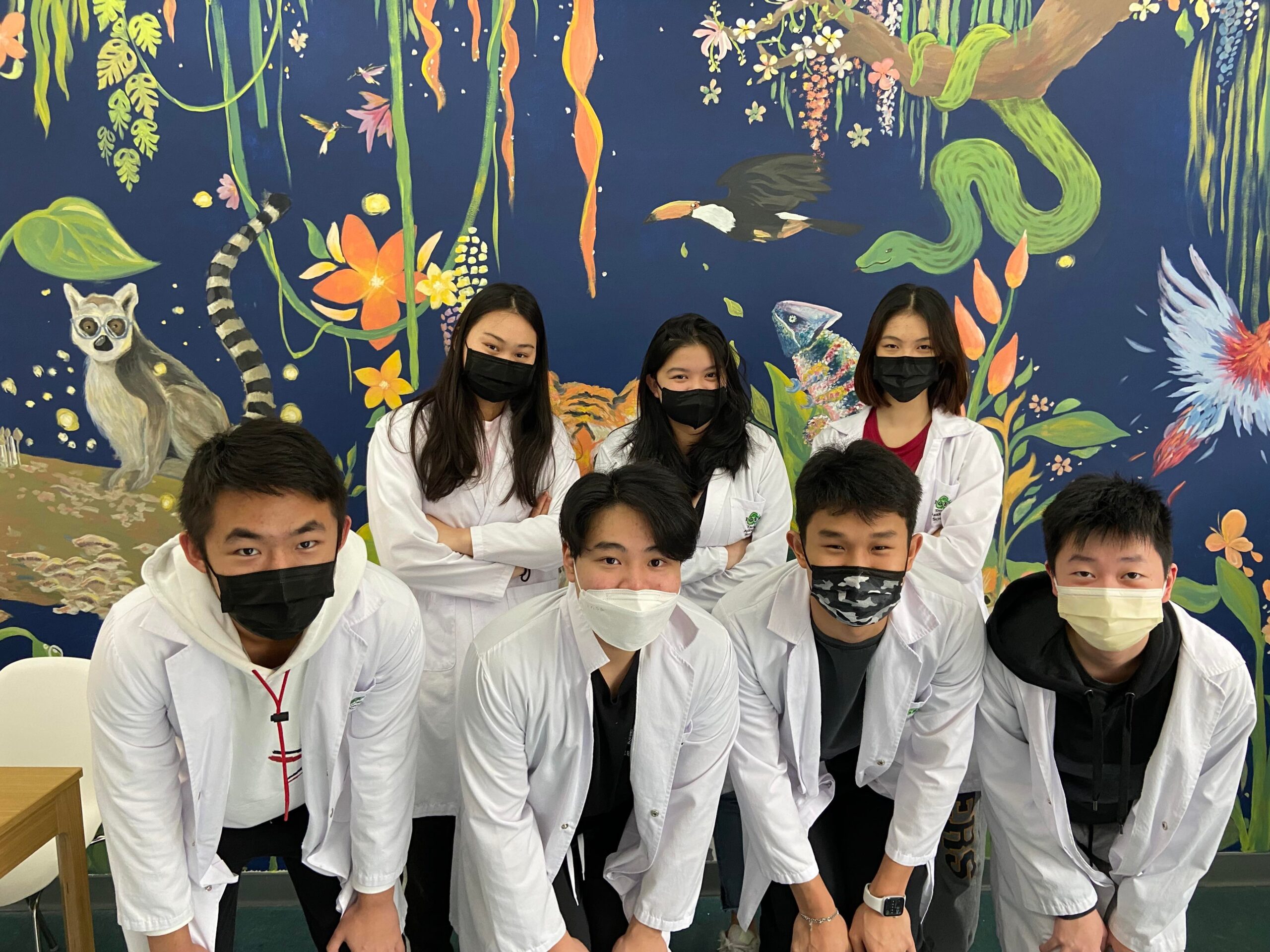Mass deforestation due to increased demand for paper production is a critical issue in society. Therefore, we aim to produce cellulose, the main organic compound found in paper, with Escherichia coli (E.coli) to emulate commercial paper products. Studies have shown that Komagataeibacter xylinus (K. xylinus), a bacterium that contains the Acetobacter cellulose biosynthesis (Acs) operon, produces bacterial cellulose (BC). Unlike plant cellulose, BC is relatively easier to isolate and purify due to its absence of other polysaccharides. BC is also known to be more robust, porous, and thermally resistant than plant cellulose, which makes it a promising alternative. Our objective is to express the Acs operon present in K. xylinus in E. coli due to its optimal growth kinetics and its common usage. After inoculation and carbon fermentation, the bacteria will produce a sheet of BC atop its growth media. We will also be employing an intermittent feeding strategy to continuously produce BC sheets in a layer-by-layer fashion. BC growth rates for both bacteria will then be compared and BC sheets will be analyzed for their properties. If successful, the production of BC could reduce deforestation rates and mitigate resources associated with industrial paper production.

BC: A Tree-Free Guarantee
School
Taipei American School
Taipei, Taiwan
BioBuilderClub Season
2021-2022 Season
Category
Resources